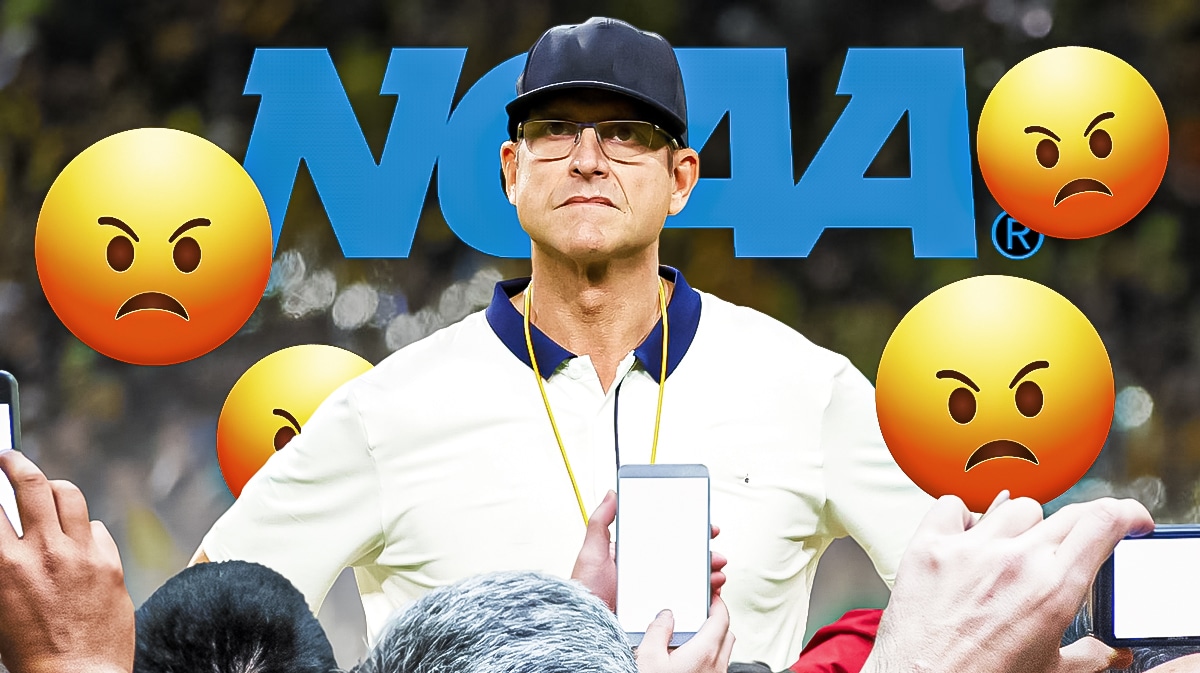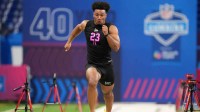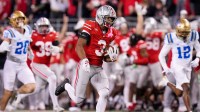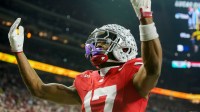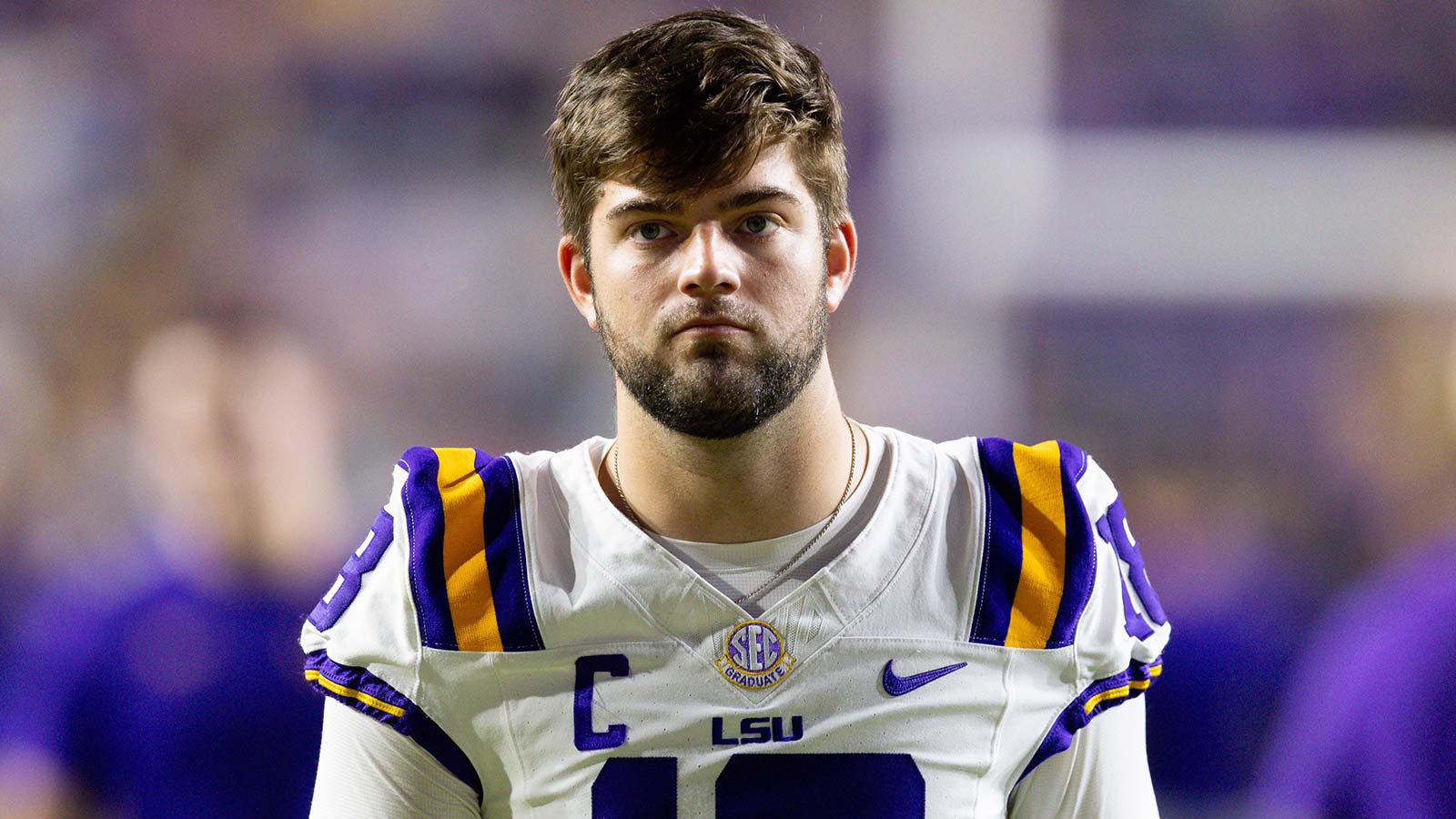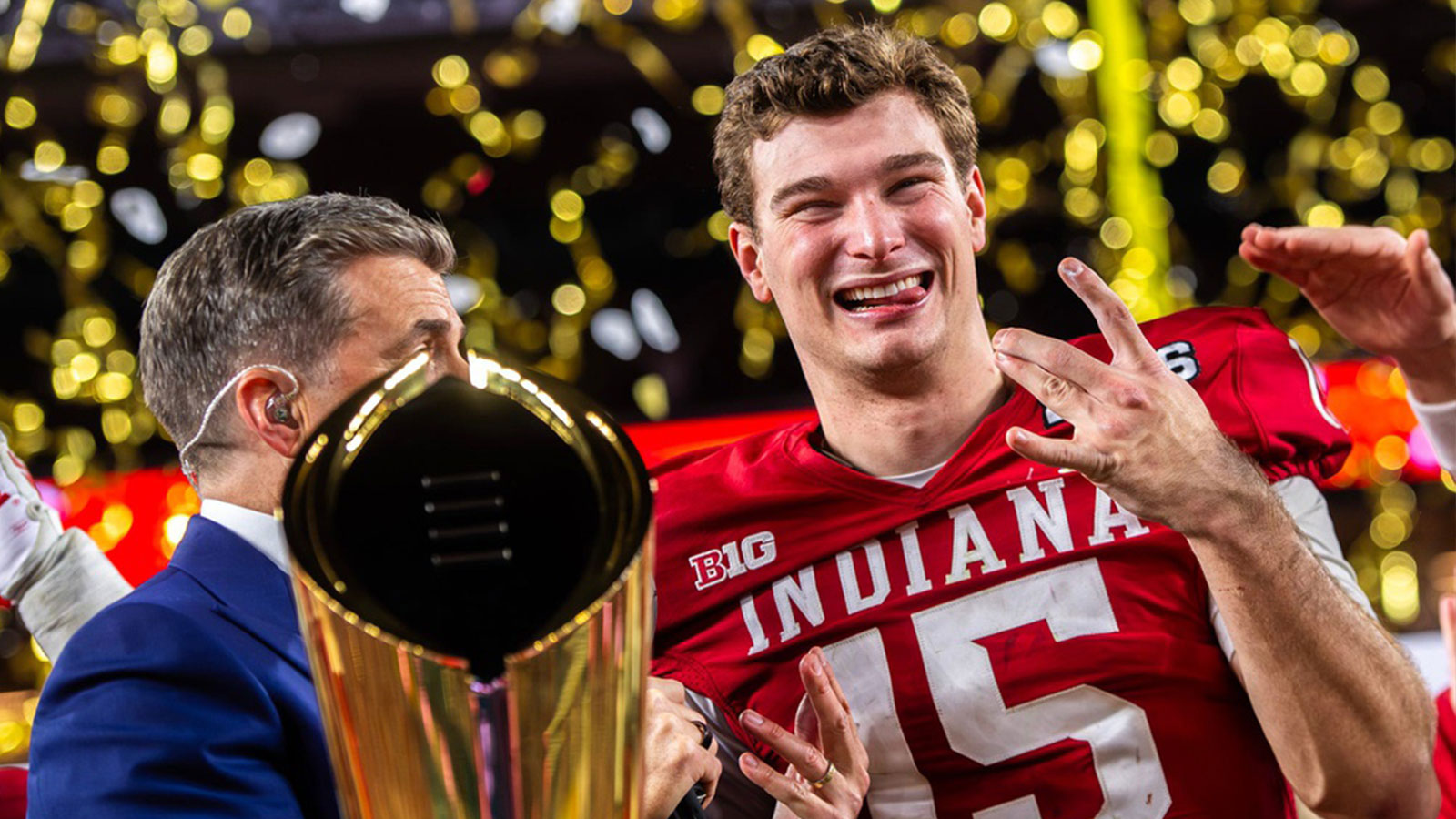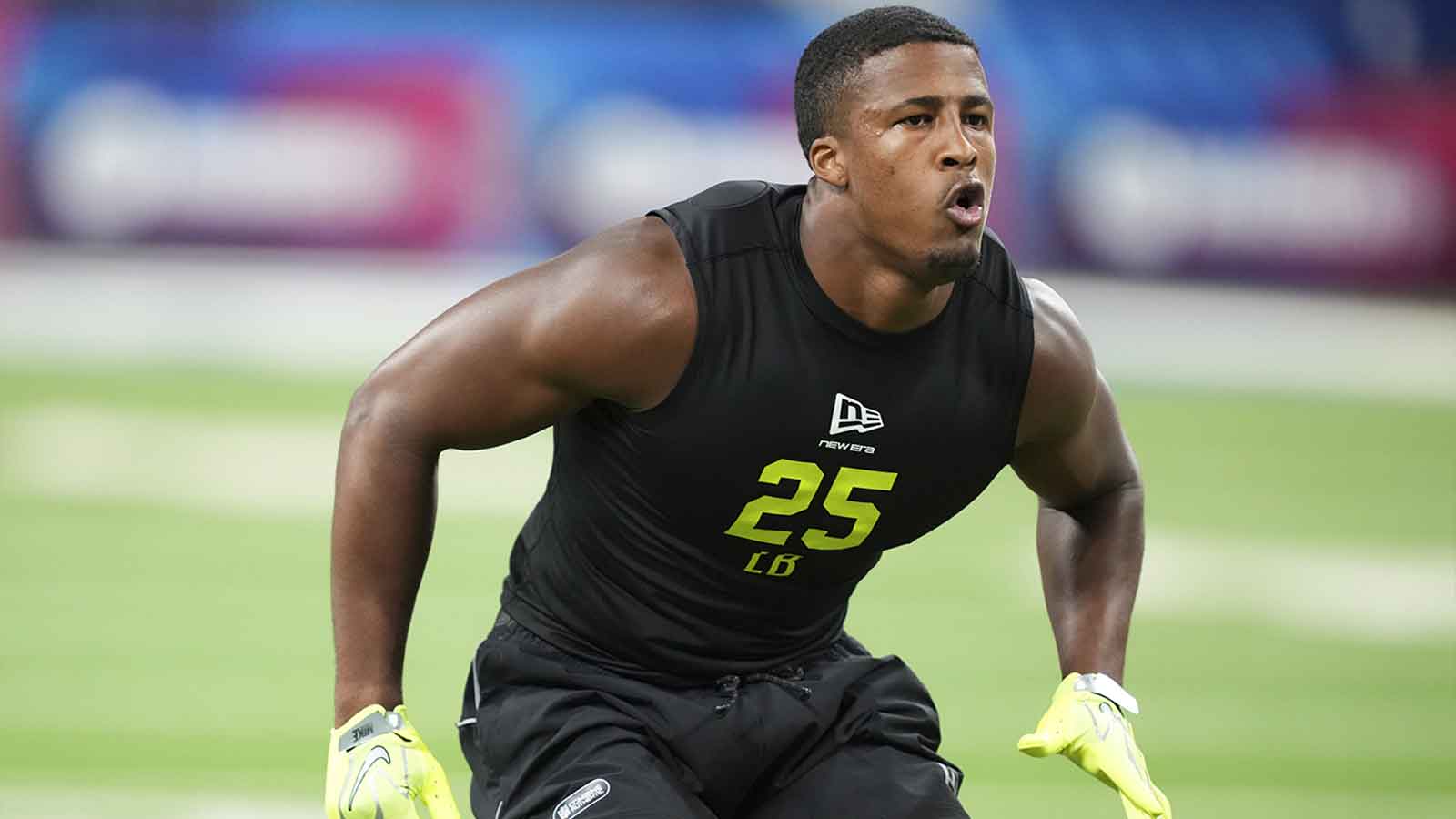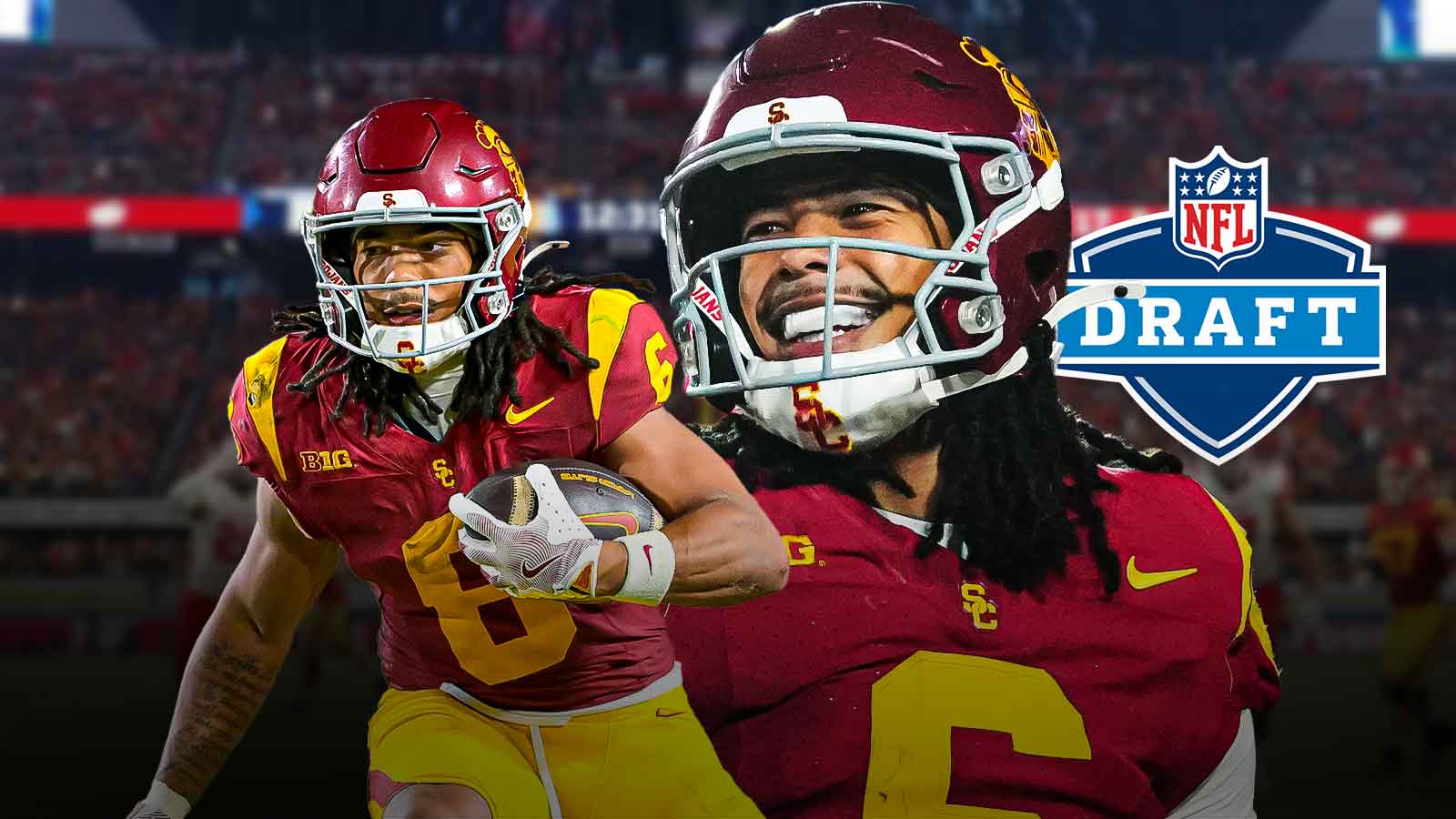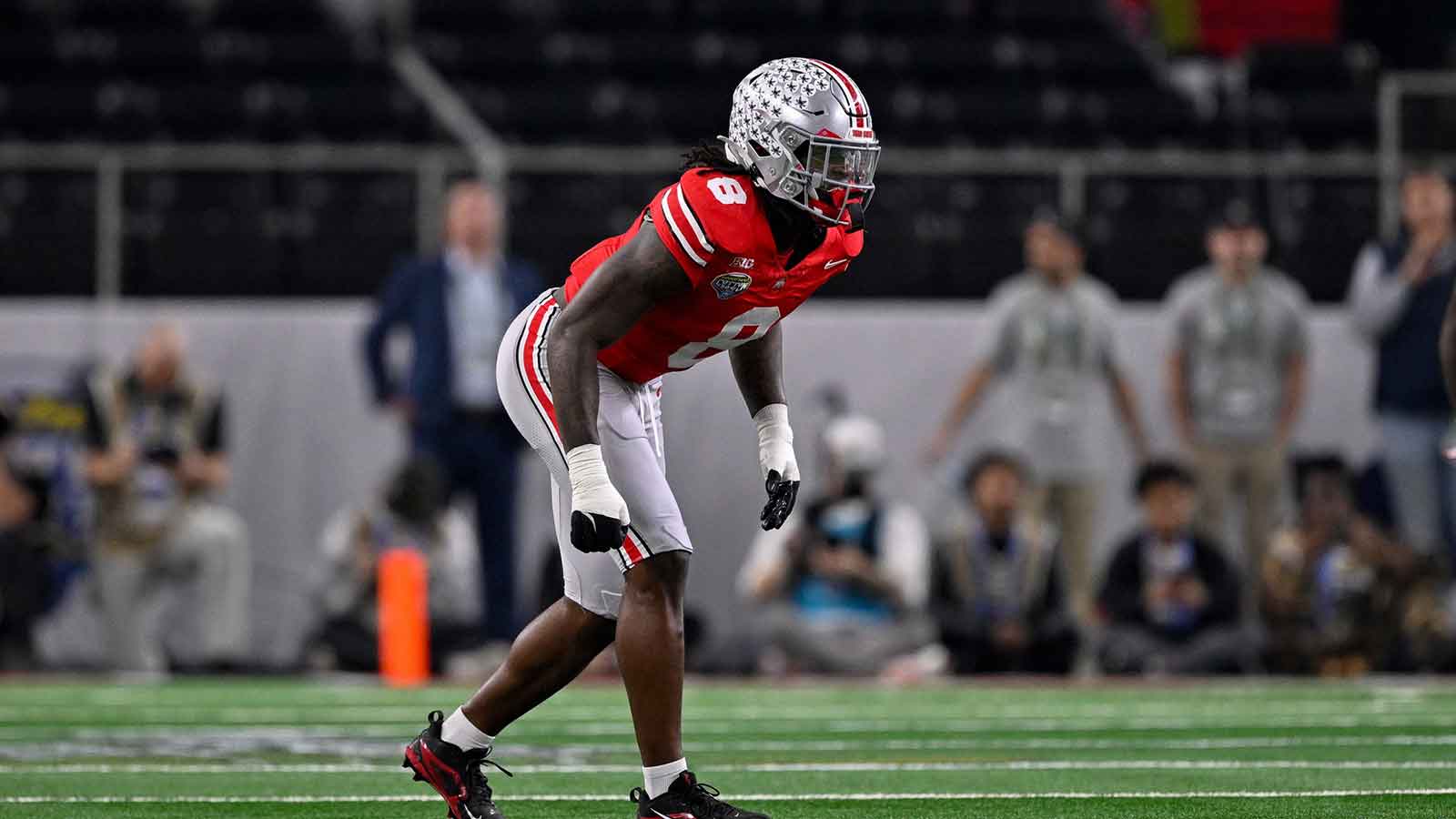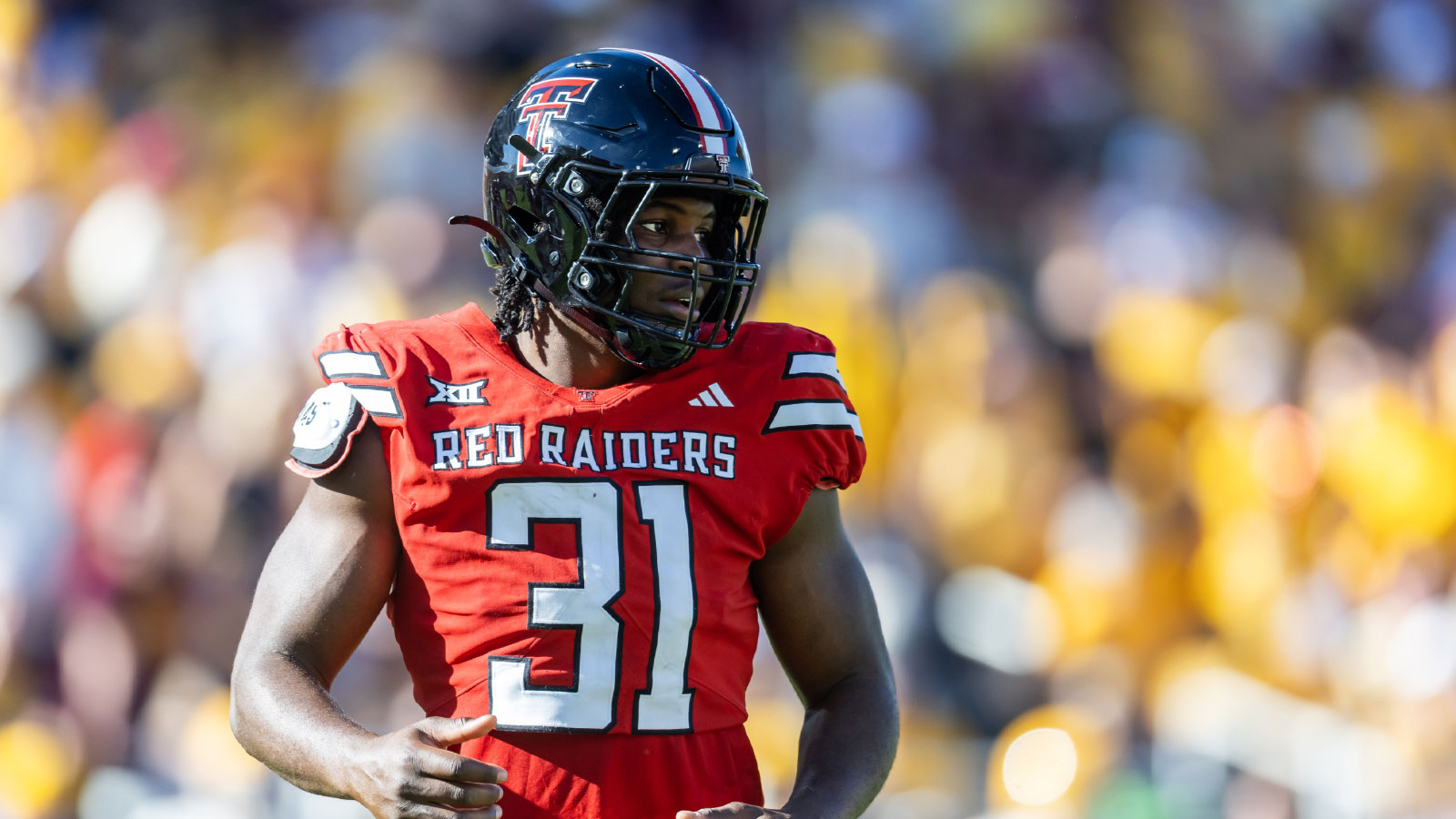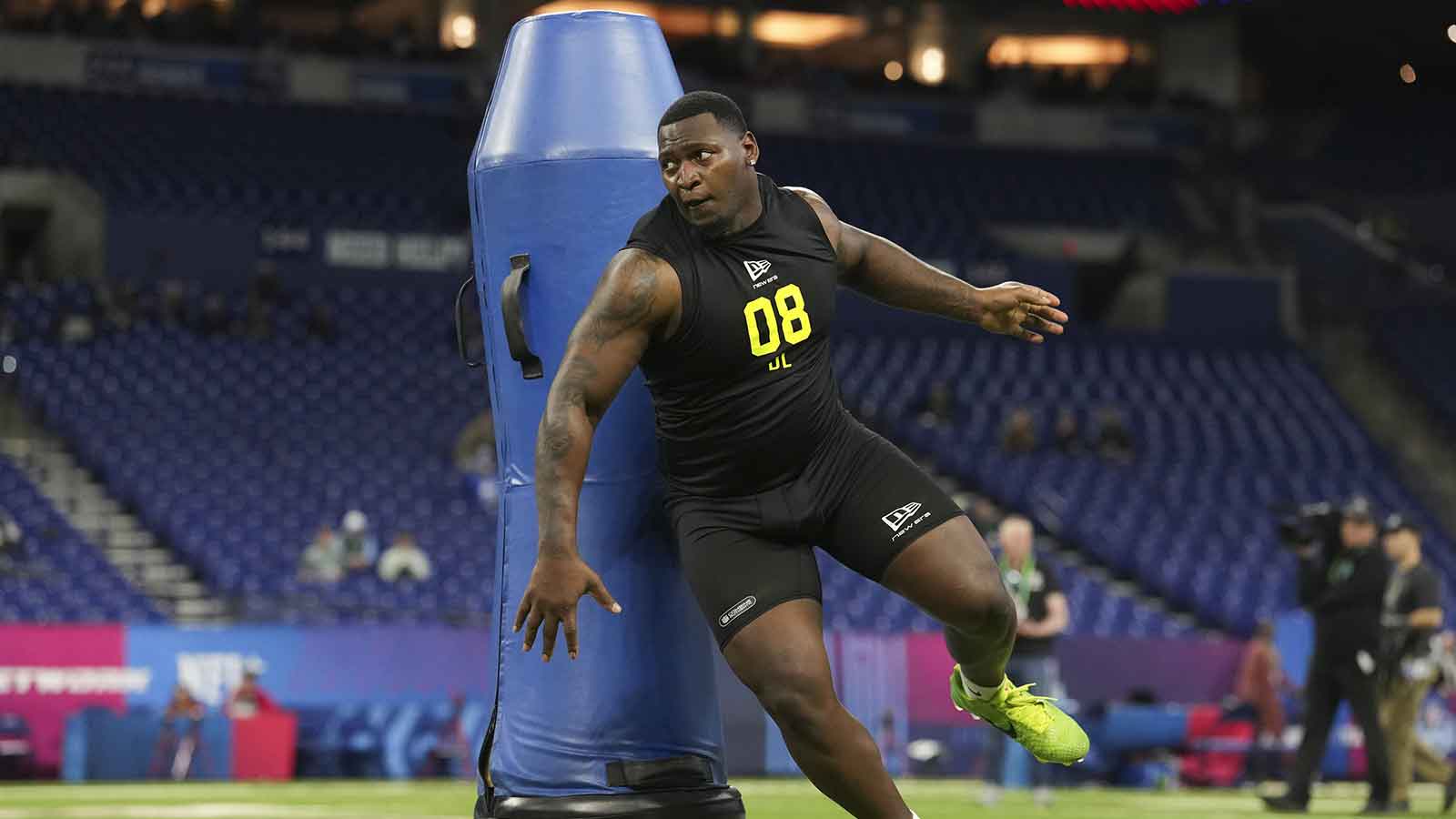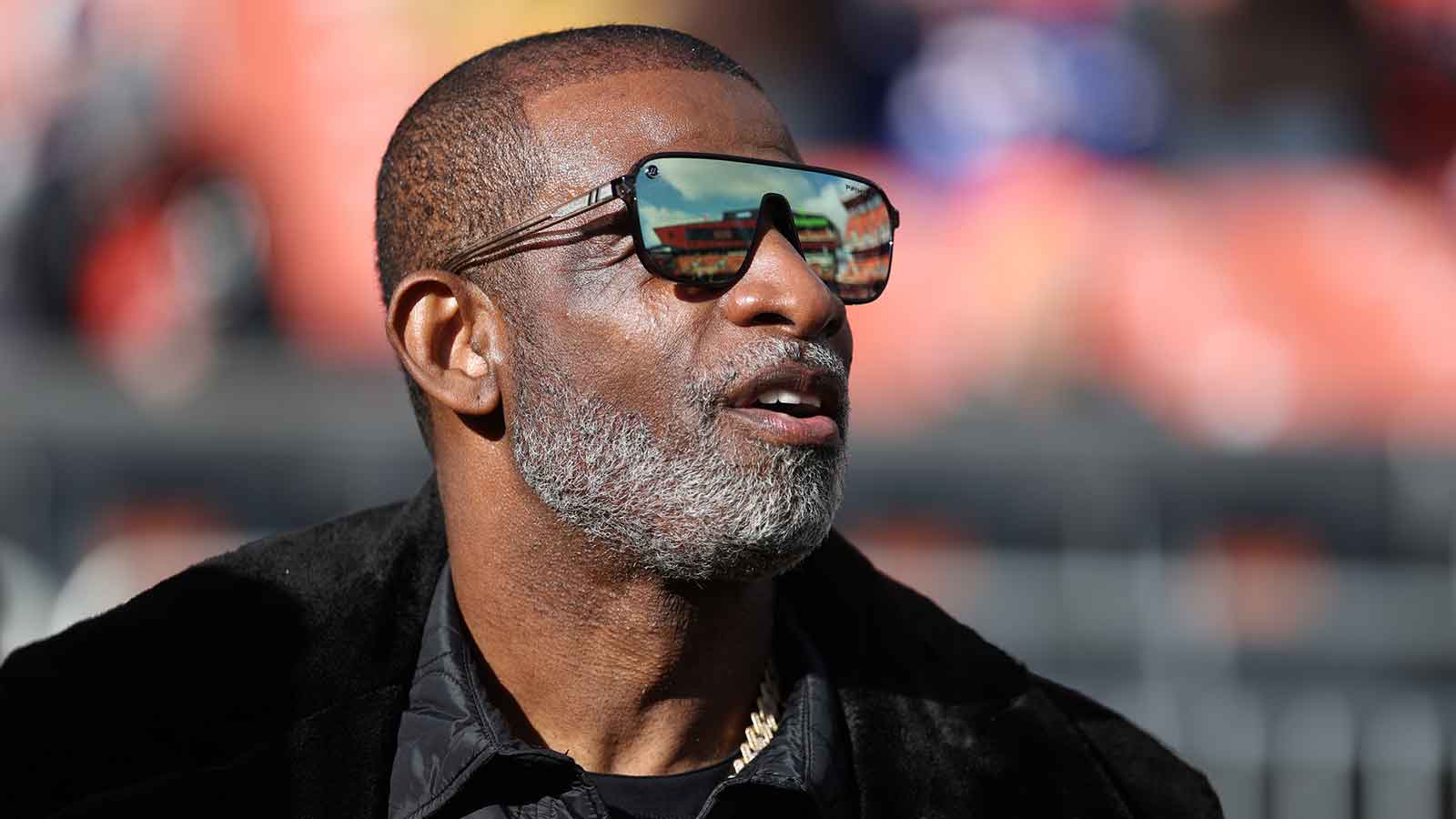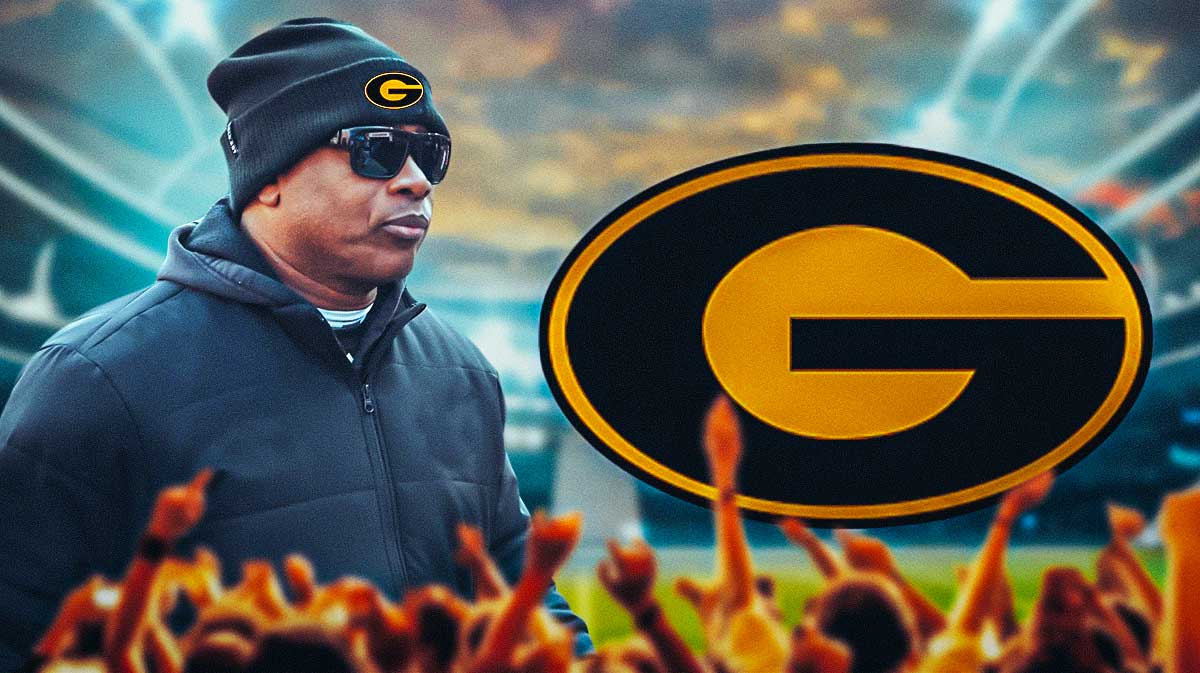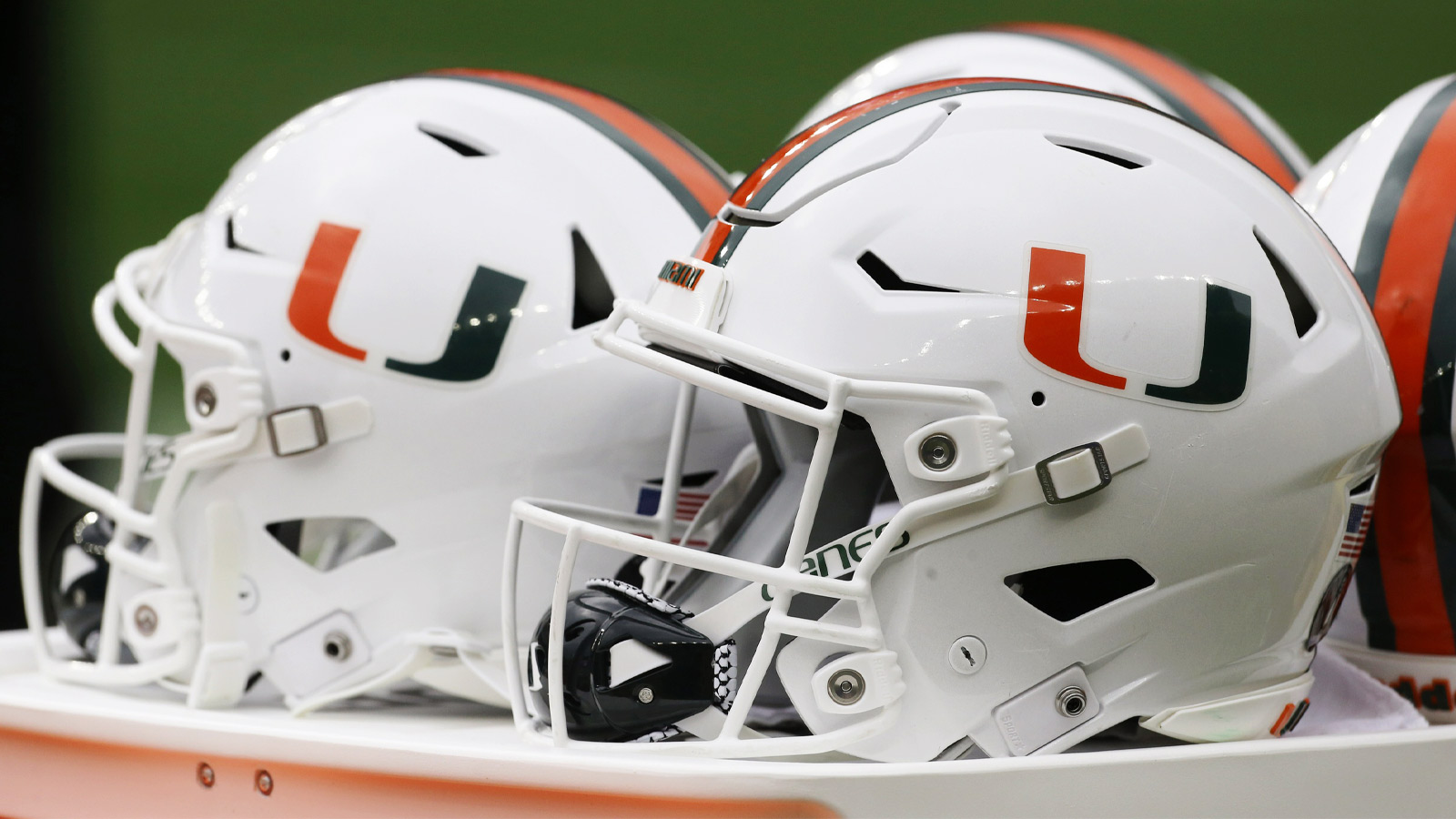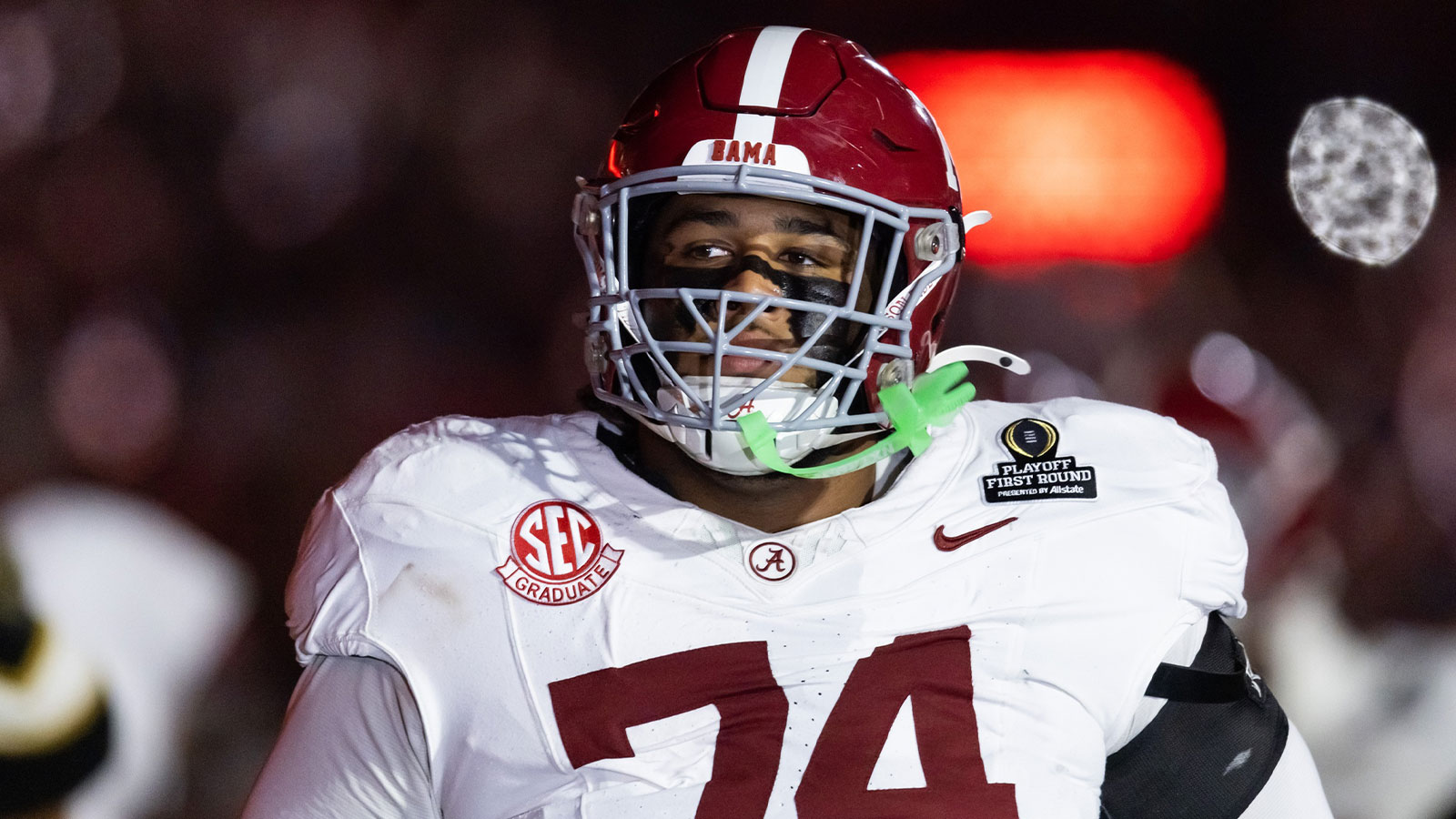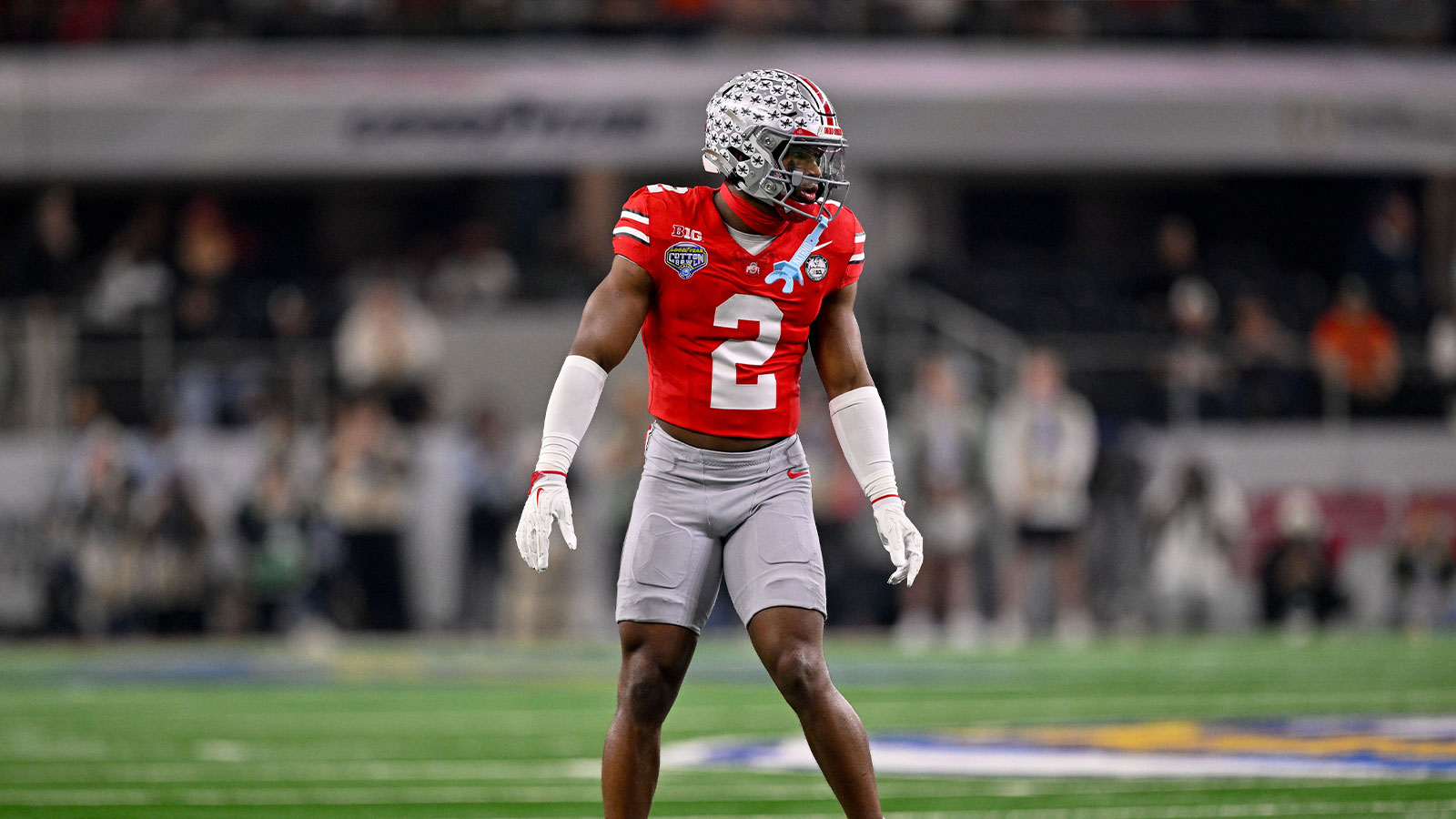The NCAA has punished former Michigan football head coach Jim Harbaugh with a four-year show-cause order and a one-year suspension for violating head-coach responsibility obligations, “unethical conduct” and failure to promote “an atmosphere of compliance” due to his role in an investigation into impermissible recruiting in 2021 during the COVID-19 dead period. Harbaugh's attorney, Tom Mars, posted a firm statement after the news came out.
“The way I see it, from Coach Harbaugh's perspective, today's COI decision is like being in college and getting a letter from your high school saying you've been suspended because you didn't sign the yearbook,” Tom Mars said about the decision on Jim Harbaugh. “If I were in Coach Harbaugh's shoes and had an $80 million contract as a head coach of the Chargers, I wouldn't pay any attention to the findings of a kangaroo court which claims to represent the principles of the nation's most flagrant, repeat violator of the federal antitrust laws.”
Needless to say, Mars vehemently disagrees with the decision to punish Harbaugh for his conduct back during his time as the head coach of the Michigan football program. These are serious punishments for Harbaugh, but obviously they do not impact him at the moment, as he left college for the NFL to coach the Los Angeles Chargers.
What are the implications of Jim Harbaugh's punishments?
Regarding the show-cause order, that is from Aug. 7, 2024 through Aug. 6, 2028, and if hired during that period, Harbaugh would be suspended for 100% of the first season of employment, according to Angelique S. Chengelis of The Detroit News. That has huge implications for Harbaugh over the next few years, if things do not work out with the Chargers and if he decides to return to college.
This means that over the next four years, if Harbaugh decides to return to college, whether it be at Michigan or elsewhere, he would not be coaching for the first season after being hired back. A show-cause punishment of a coach is transferred to any school that hires him while the sanctions are in effect. The school and coach would have to report to the NCAA every six months until the end of the show-cause penalty.
Harbaugh can appeal the decision per NCAA bylaws, according to Chengelis. However, if he were to return to coaching NCAA college football, he would be “barred from all athletically related activities, including team travel, practice, video study, recruiting and team activities,” according to the release.
As of right now, Harbaugh is focused on the Chargers and these sanctions do not impcat him, but it does come into play if he plans on returning to college again. It will be interesting to see if he appeals the decision. Given Mars' comments, that seems very possible.

